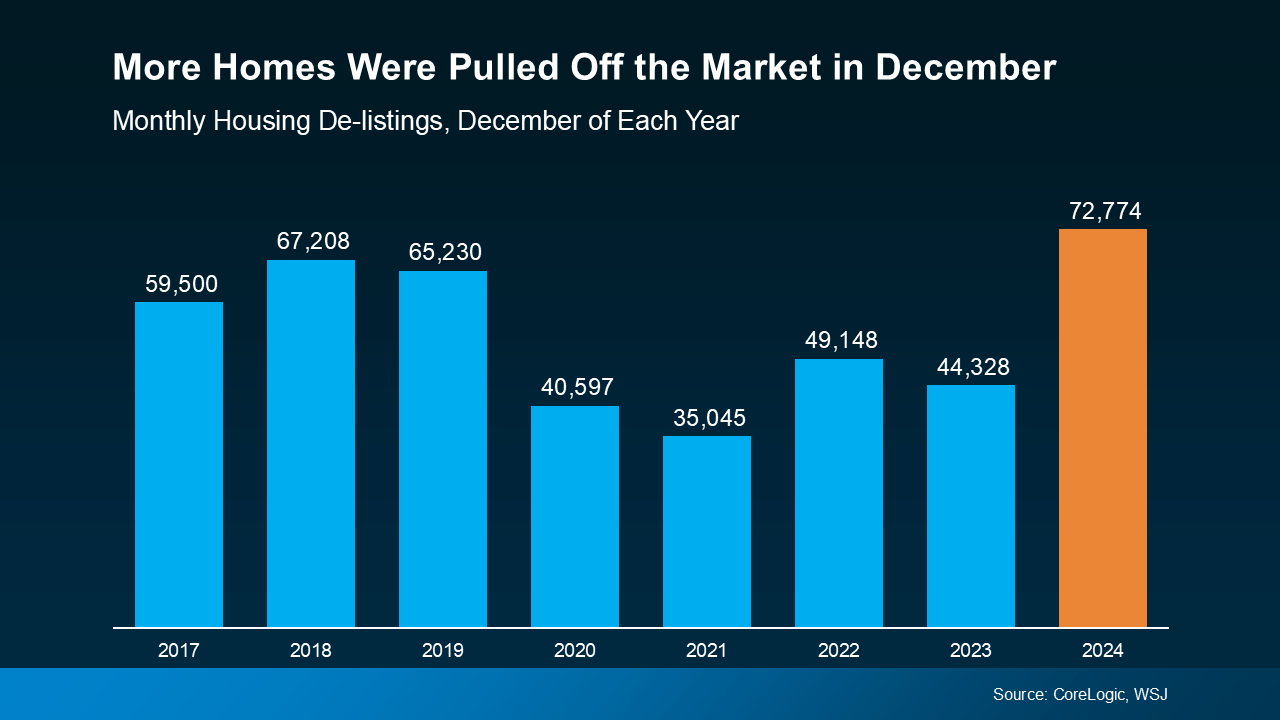
Selling a home in today’s market requires more than just listing it…you need to meet buyers where they are. With home prices at record highs and mortgage rates around 6.5%, many buyers simply don’t have the funds left for renovations or repairs after closing. That’s why preparing your home before listing is crucial to achieving the best possible price, a quick sale, and a smooth transaction.
One of the biggest benefits of preparing your home is financial. Homes that are clean, updated, and in great condition often sell at a higher price. Buyers are willing to pay a premium for a home that’s move-in ready, especially since they likely won’t have the budget for post-purchase improvements. Addressing cosmetic issues or minor repairs before listing helps you avoid buyers nitpicking during negotiations, allowing you to keep more money in your pocket.
Time is another major factor. Homes that are well-prepared tend to sell faster. When your home looks its best, it attracts more attention from serious buyers, making it less likely to sit on the market. A home that lingers too long may eventually require price reductions, cutting into your profit. Preparing your home upfront ensures you’re setting yourself up for success from day one.
Buyers also form opinions quickly, often within minutes of stepping inside a home. A staged, clean, and well-maintained property makes a strong first impression, creating an emotional connection that motivates offers. Plus, addressing potential issues before the inspection can prevent last-minute surprises that might delay or derail the sale.
In today’s competitive market, a well-prepared home also appeals to a broader pool of buyers. Neutral decor and a fresh, polished look allow buyers to envision themselves in the space, making it easier for them to say yes. This broader appeal not only helps your home sell faster but also reduces the likelihood of complicated contingencies.
Preparing your home may take some extra time and effort, but the payoff is worth it. To maximize your home’s value and ensure a smooth sale, schedule a pre-listing prep consultation with your real estate agent. They can guide you on which updates will deliver the highest return and help position your home to attract today’s buyers. A little preparation now can make all the difference when it’s time to sell.







